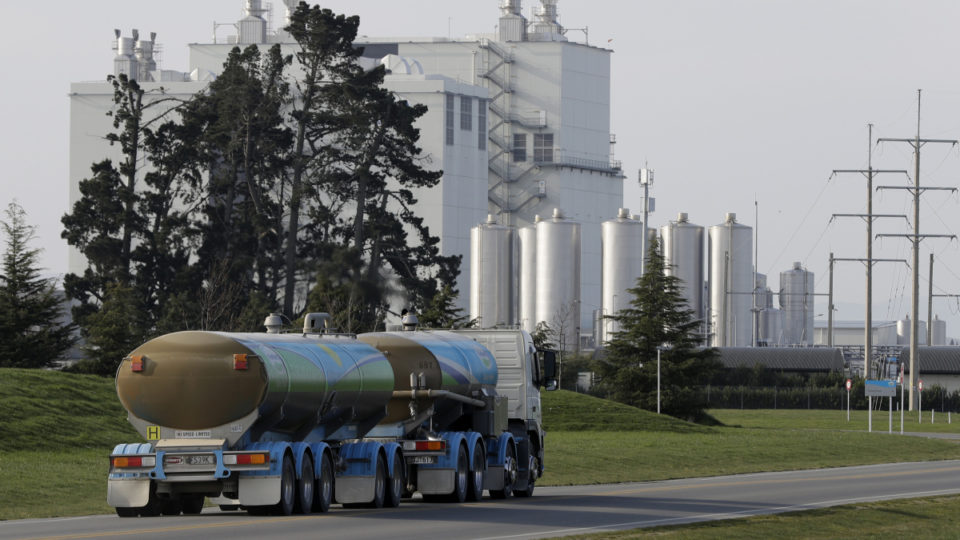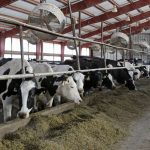
Almost 100 staff will lose their jobs at the century-old Dennington plant in Western Victoria after continued drought conditions made it “not viable” to continue operations, Miles Hurrell, the chief executive of dairy multinational Fonterra, announced on Thursday.
“This is not a one-off for this season, it’s the new norm for the Australian dairy industry and we need to adapt,” Mr Hurrell said.
“With the reduced milk pool in Australia, we must put it into our highest returning products and most efficient assets. Dennington is over 100 years old and not viable in a low-milk pool environment.”
Fonterra, the world’s largest dairy producer, also slashed its full-year guidance and said it expects earnings per share in the range of (NZD) 10-15 cents instead of its earlier estimate of (NZD) 15-25 cents.
“The Australian ingredients business continues to feel the impact of the drought and other significant changes that mean there is excess manufacturing capacity in the Australian dairy industry,” Mr Hurrell said.
Workers at the Dennington plant, which opened in 1911, were informed of the decision on Wednesday, with milk suppliers reportedly being given a November closure date.
Frank Kelly, the site’s National Union of Workers delegate, said the closure “hasn’t really hit home yet”, though workers had been expecting bad news since October when the plant stopped producing a Nestle product for export.
“Once that decision was made … we were always in a bad position … we were down to probably 30 or 40 per cent capacity,” he said.
The closure’s impact is likely to be felt throughout the broader community as well, Mr Kelly added.
“It’ll definitely affect the community, and the uncertainty about the site, what’s going to happen to it, that sort of thing.”
Farm earnings expected to fall
Dairy farming accounts for around 6 per cent of Australia’s agricultural production, and generates $3 billion of agricultural export income, however the Department of Agriculture and Water Resources noted drought is expected to be a “major influence” on earnings this year.
“Average farm cash income is projected to decline by around 42 per cent in 2018–19 to $93,000 per farm,” the department’s industry overview, updated on May 6, noted.
“Lower crop production is contributing to higher prices for fodder and feed-grains. The drought has also reduced the availability of pasture on dairy farms in drought-affected regions, increasing expenditure on purchased feed.
“Dairy farmers in the Murray region have also been faced with higher water prices because of increased competition for scarce supplies.”
























